Expertise
Romania, Balkans, Geopolitics
Languages
Polish, English
Biography
Jakub Lachert is a PhD candidate at the Faculty of Political Sciences and International Studies at the University of Warsaw. His research interests include: European Union neighborhood policy, including, in particular, Eastern policy, Eastern Partnership, Western Balkans in the process of integration with the EU.
Recommended articles
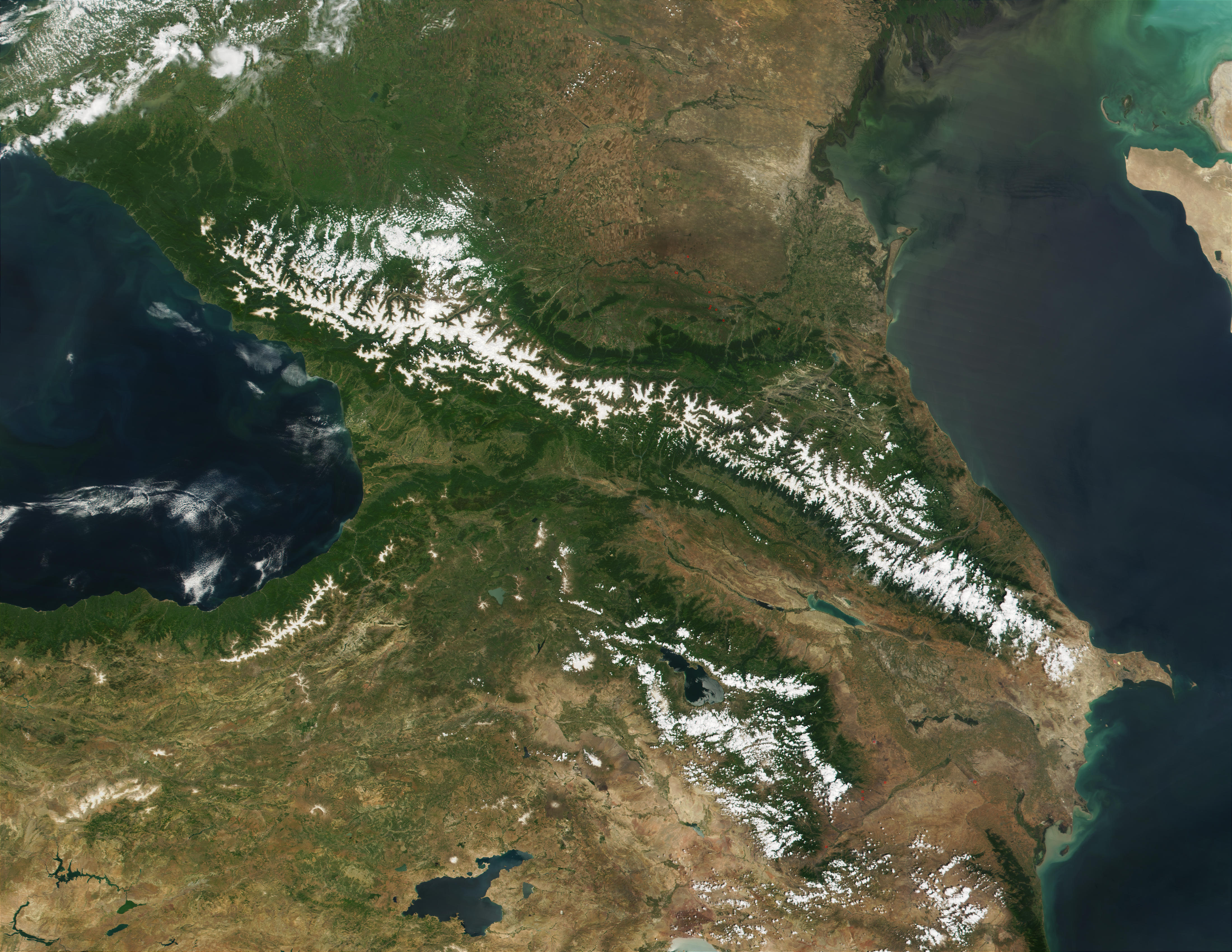
Nagorno-Karabakh as Part of Geopolitical Rivalry
The year 2020 brought a turning point in the Nagorno-Karabakh conflict. The flare-up in the fighting between the Azerbaijani military and ethnic Armenian forces of the breakaway region resulted in a peace deal that humiliated Armenia that had to return 75 percent of Nagorno-Karabakh to Azerbaijan as well as all transit routes from the disputed enclave to Armenia.
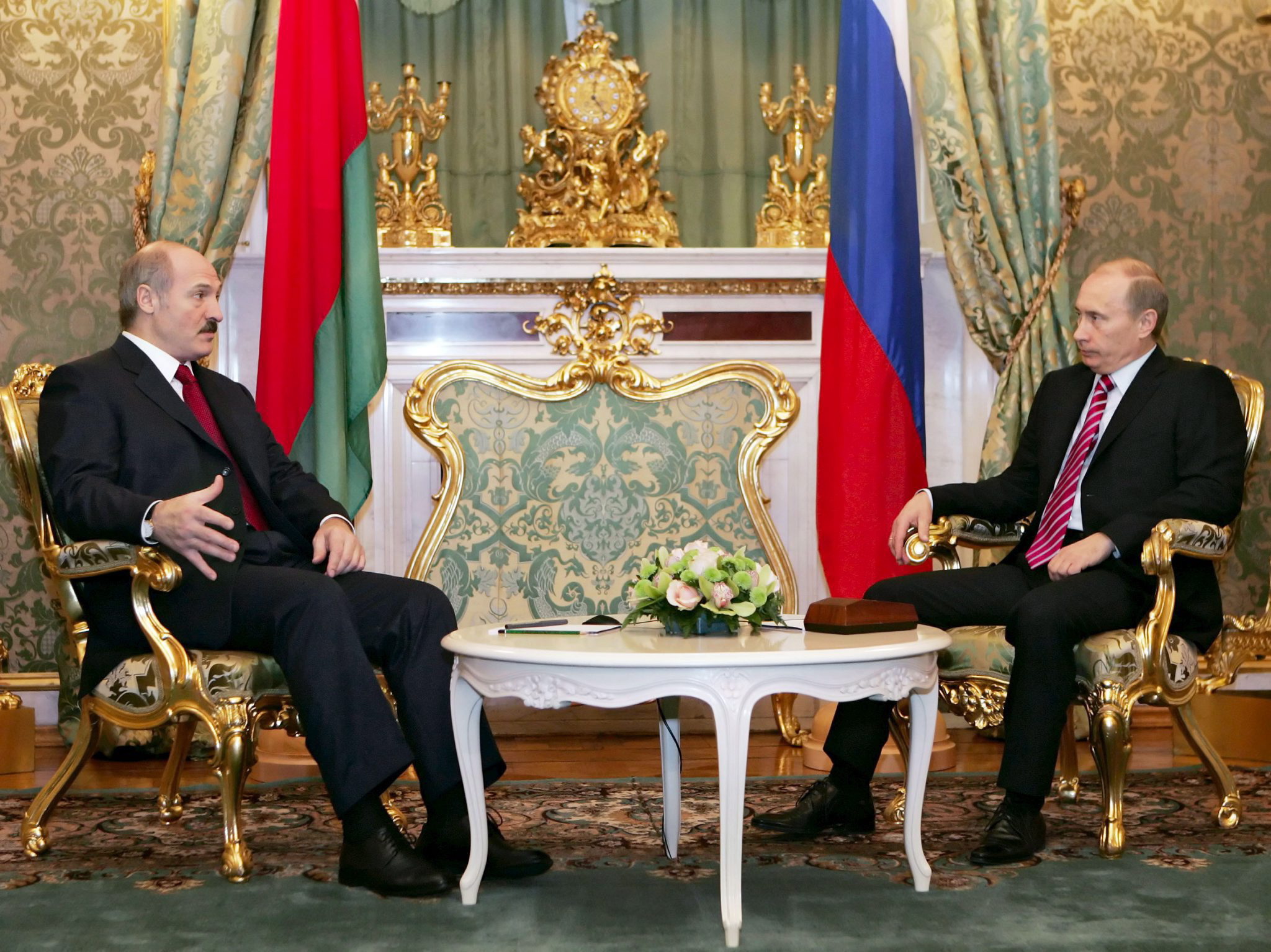
Belarusian protests in the context of transformations in the post-Soviet area
In recent years, Belarus has remained the only country in the region that maintained its stability within the authoritarian political system of Alexander Lukashenko. The leader of Belarus retained power by building a narrative in which the fear of the oligarchization of political life, war, and destabilization in neighboring Ukraine overshadowed the need to build a democratic state.
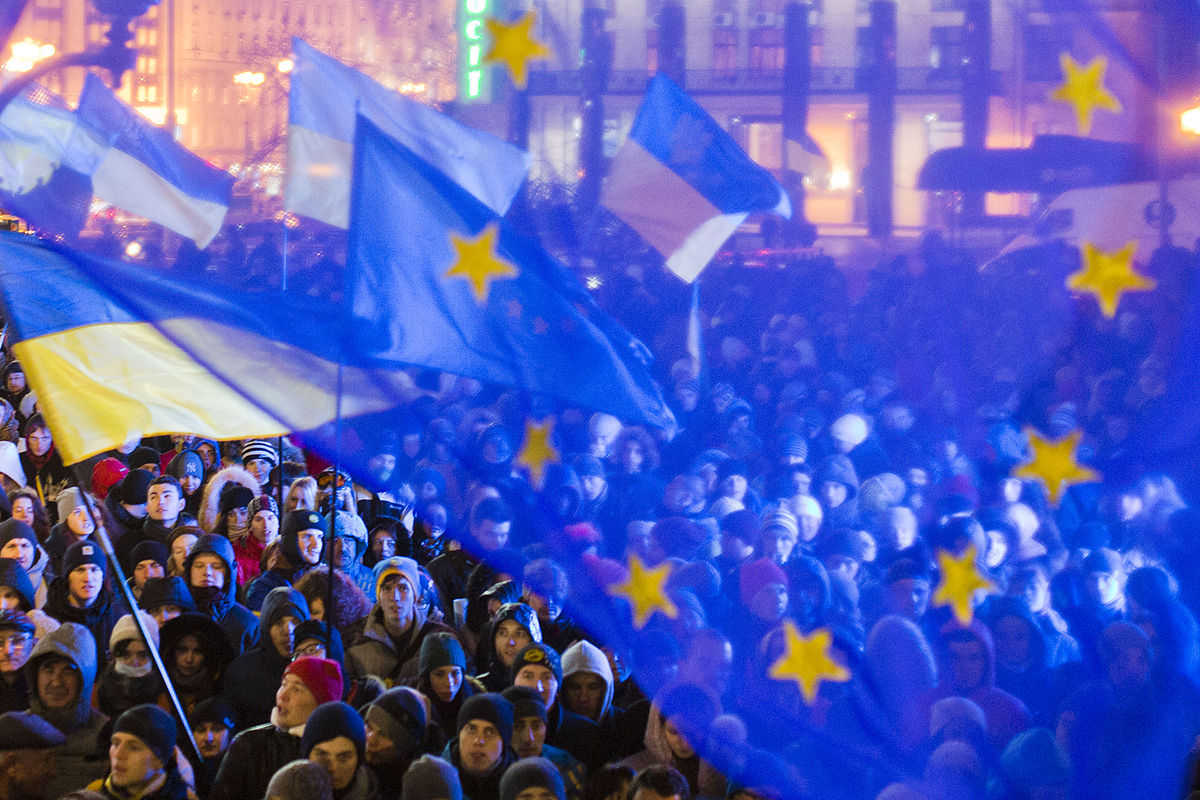
Summing up 10 Years of the Eastern Partnership
May 2019 marked ten years since the Eastern Partnership was launched as a platform for a mutual dialogue between the European Union and its Eastern neighbors while providing a roadmap for comprehensive actions to be undertaken. Included as part of the forum are Armenia, Azerbaijan, Belarus, Georgia, Moldova, and Ukraine.

Western Balkans and Geopolitics
In 2019, Poland holds the presidency over the Berlin Summit, culminated by the Western Balkans Summit in Poznań. Launched at the Berlin summit in 2014, the initiative gathers some of EU Member States, including Poland, along with six Western Balkan states.
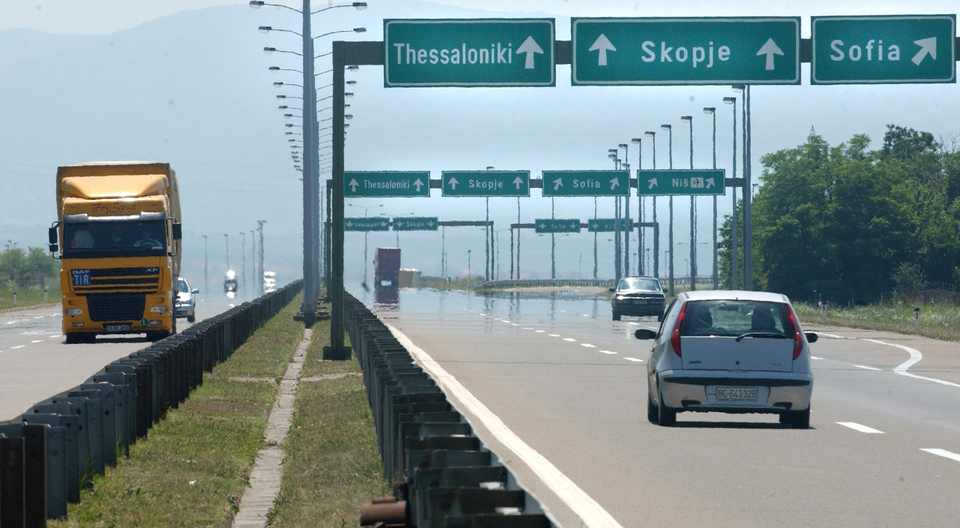
Conference Report – Western Balkans: Infrastructure, Energy, Geopolitics
The following report is a part of an international conference “Western Balkans: Infrastructure and Energy from a Geopolitical Perspective” that took place in Warsaw on May 29, 2019. The event was part of the official program of Poland’s presidency of the Berlin Process and served as a preparatory meeting for the 2019 Western Balkans Summit in Poznań.
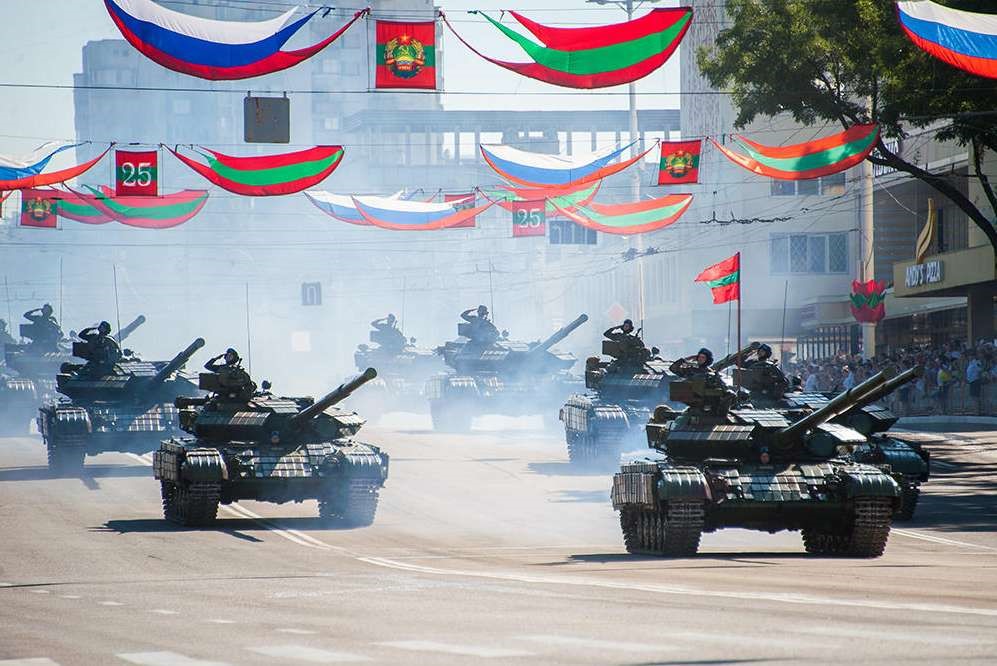
Post-Soviet Frozen Conflicts: A Challenge for European Security
Frozen conflicts occur in regions of the countries that are no longer controlled by the central authorities. Such zones remain under the jurisdiction of separatists who conduct a peace dialogue with state officials in a bid to empower their own governments.
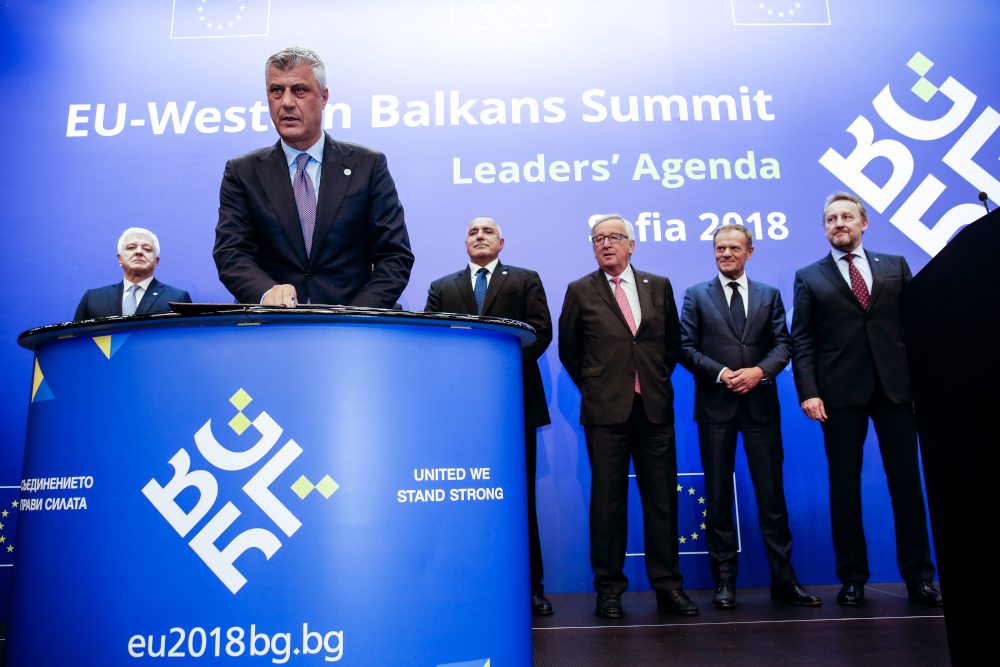
Western Balkans between China, Russia, EU and Turkey
The region of the Western Balkans comprises the countries of the Balkan Peninsula that found themselves surrounded by the EU Member States after the accession of Hungary and Slovenia (2004), Bulgaria and Romania (2007), and Croatia (2013) to the European structures. Outside the EU structures are Albania, Bosnia and Herzegovina, Former Yugoslav Republic of Macedonia (FYROM), Montenegro, Serbia, and Kosovo.

















